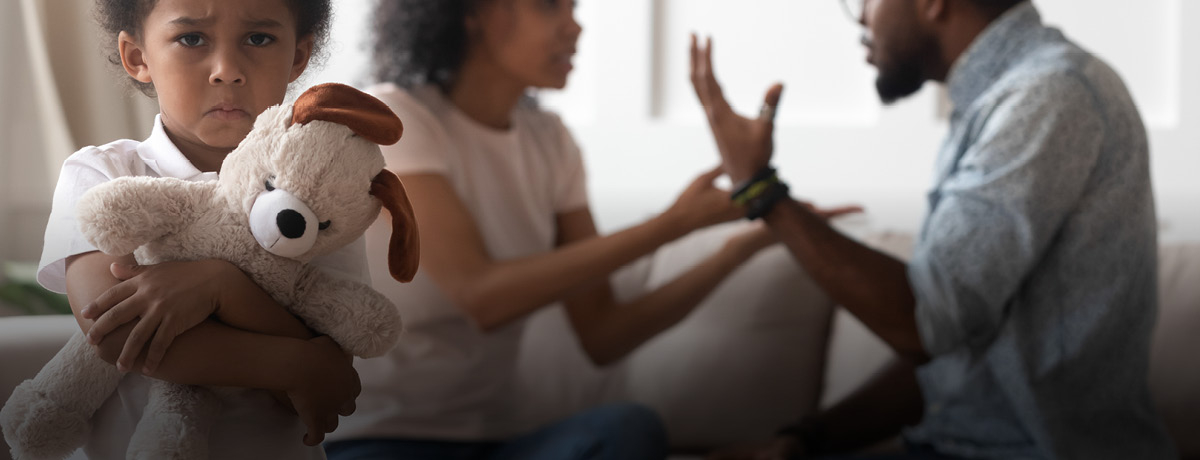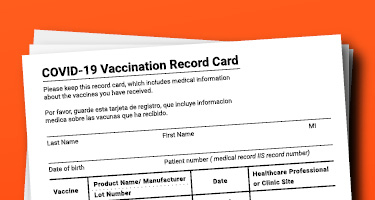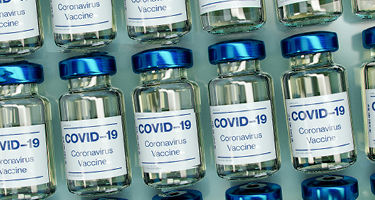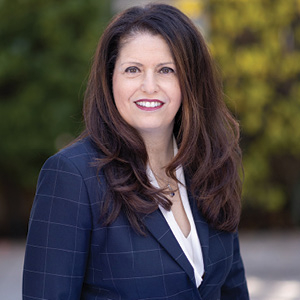The pandemic has permeated just about every facet of life over the last two years, and the nation’s courts are no exception. While health, insurance and employment law would seem to be the likeliest fodder for COVID-19-related lawsuits, family courts are also hearing cases that focus on the vaccination status of divorced parents and their children.
Coronavirus law has not moved as quickly as coronavirus science, of course, a predicament family lawyers have had to adapt to. Now that the Food and Drug Administration has approved vaccines for minors as young as five, parents who share custody but disagree about COVID-19 treatments are lawyering up anew.
How might these once unfathomable scenarios shape the family-law landscape going forward? Attorneys from across the United States discussed their recent experiences regarding vaccinations and custody to lend some perspective to this increasingly common situation.
When Parents Eschew Vaccination
Adults are within their rights not to get vaccinated. However, parents who cannot or will not do so might hinder their own custody case, because their former spouse may raise the matter before a judge.
Heather King, a managing shareholder at KoonsFuller, P.C., who was a 2022 Best Lawyers® “Lawyer of the Year” honoree for Family Law in Dallas/Fort Worth, says a court’s intervention will depend largely on the venue or county. “Such intervention, if any, would likely be restricting or limiting the parent’s access to the child until or unless the parent modifies his or her behavior.”
This past October, that scenario played out when a judge in Manhattan suspended a father’s visitation rights with his three-year-old daughter. The father had already had COVID-19; the judge stipulated that he would need to get vaccinated or agree to weekly testing to have his rights reinstated. The father agreed to testing, but his lawyer told reporters he didn’t believe it was a long-term solution.
Interventions don’t always last, either. In August, a mother already in a custody battle with her ex-husband briefly lost the rights to see her son when she could not show proof of vaccination. Although her doctor had advised her not to get the shot because of prior reactions to vaccines, a Chicago judge suspended her parenting time until she could show proof of inoculation—an order the same judge later rescinded.
Donald C. Schiller, a senior partner at Schiller DuCanto & Fleck—a 2009 Best Lawyers “Lawyer of the Year” award winner in Chicago for Family Law and a member of Best Lawyers’ advisory board—observes that because this area of the law is new and there are no appellate decisions to serve as precedent, courts are encouraging parents to find common ground.
“I think the courts are reluctant to some degree and might not want to take charge in some instances,” Schiller says. “They may be criticized if a medical tragedy happens, and the judge’s ruling is the cause. So, they try very hard to get people to come to a conclusion through persuasion. And I think most of the persuasive initiatives are in favor of the vaccinations.”
When Parents Disagree About Vaccinating Their Children
The legal waters get even choppier when it comes to the health and vaccination status of kids, particularly when the parents are split on the topic. So much depends on the terms of the divorce and the parenting plan, which lays out who gets to make which decisions.
“Children are obviously precious to their parents,” Schiller says. “And some parents have a sense that they owe it to their children to fight for their beliefs. So, these things sometimes do get taken to issue.”
Bari Weinberger, of Weinberger Divorce & Family Law Group in New Jersey, urges parents with shared legal custody to try to work through their differences with input from the child’s pediatrician or fact sheets from the federal Centers for Disease Control and Prevention. “If needed,” she adds, “the objecting parent could request mediation to work out a solution or go to court if a compromise cannot be reached.”
As co-parents drift apart, so might their views on vaccinations. Weinberger offers a scenario in which one parent has sole legal custody and has since changed his or her beliefs and is now “vehemently anti-vaccine.”
“The courts could view this as a substantial change in circumstances that places the child at risk,” she says. “[Courts] may consider a motion to modify legal custody from sole to shared or make other decisions.”
How Family Lawyers Can Prepare for Jab-Related Contests
While there is some federal guidance from legislation such as the Uniform Child Custody Jurisdiction and Enforcement Act (UCCJEA), which addresses jurisdictional issues as they relate to vaccines, there are no ironclad family-law precedents governing vaccinations amid a global pandemic.
To ensure the best representation for their clients, KoonsFuller’s Heather King says lawyers can strategize by researching their venue and the presiding judges. “Understand the likely outcome in the venue or county where the case would be located,” she says. “Texas judges, for example, have a significant amount of discretion in their decision-making as related to children, and their personal opinions or those of the community may [be] a factor. They are also elected officials, so politics may play a role. Advise your client of the risk that the other parent may be awarded a parental right to the exclusion of your client, and that a parent’s access to the child may be affected.”
As Schiller’s firm took on more COVID-19-related cases, a top priority was developing a unified approach toward vaccination. His management philosophy led him to schedule staff idea sessions and look at courts’ track records to establish a clear direction. “We have 46 lawyers, and all brainstorm together to take positions that are legally sound,” he says. “On the few cases my office has been involved in where judges had to make a decision, it’s been in favor of the vaccination. That is in line with our own position, which also advocates for vaccination.”
Long-Term Outlook
The impact of COVID-19 on family law is still in its infancy, but lawyers clearly need to prepare for anything. Parents’ decisions for themselves might have a ripple effect on their personal or professional lives, which might eventually influence their health, finances and family dynamic.
“Let’s say the parent had a job that required the vaccine, and the parent refused it and was then terminated from their position,” Weinberger says. “The parent now has a changed circumstance of income loss and possibly the impending loss of the family’s health insurance. Can the parent go to the courts and request support modifications based on this, or would the courts say that income loss based on refusing the vaccine was avoidable and thus reject the request? These are the types of cases we can anticipate.”
COVID-19 remained a global public-health emergency throughout 2021, and health experts indicate it will continue to reshape life as we know it for years. Even if a parent or child manages to avoid infection, the threat of exposure alone can trigger a variety of legal actions and consequences among divorced parents.
“Given everything we’ve learned since March 2020, we now know that as family-law attorneys, we need to be adaptable to our clients’ needs in the moment and also take a long-term view of being prepared for any level of emergency,” Weinberger says. “With COVID-19 predicted to be a part of our lives for the foreseeable future, helping divorced parents navigate these issues will remain a key part of our job.”
Justin Smulison is a professional writer who regularly contributes to Best Lawyers. He was previously a reporter for the New York Law Journal and also led content and production for the Custom Projects Group at ALM Media. In addition to his various credited and uncredited writing projects, he has developed global audiences hosting and producing podcasts and audio interviews for professional organizations and music sites. JustinSmulison.contently.com































